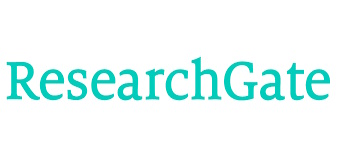Blockchain and Intellectual Property Protection: Legal Frameworks for Ensuring Rights in the Digital Economy
Keywords:
Blockchain, Intellectual Property, Smart Contracts, Digital Economy, IP Protection, TokenizationAbstract
In the digital economy, the protection of intellectual property (IP) has become increasingly complex due to the rapid growth of online platforms, digital piracy, and counterfeiting. Blockchain technology, with its inherent qualities of decentralization, immutability, and transparency, presents a promising solution to these challenges. This paper explores the potential of blockchain in enhancing IP protection by automating licensing processes, securing IP registration, and providing irrefutable proof of ownership. The integration of smart contracts into blockchain systems can streamline IP licensing and royalty payments, while decentralized platforms enable more efficient and transparent IP registration. Additionally, blockchain’s ability to offer secure, time-stamped proof of ownership and track the usage of digital assets can help combat piracy and unauthorized use. The paper also examines the legal frameworks necessary to support blockchain-based IP protection, focusing on international agreements such as the WIPO and TRIPS, as well as national legal adaptations. The evolving role of blockchain in IP management, including the integration of artificial intelligence and the tokenization of IP assets, further expands its potential. However, significant legal and regulatory hurdles remain, particularly in terms of jurisdictional issues and the legal recognition of blockchain records. The paper concludes by discussing the future outlook for blockchain in the IP space, emphasizing the need for further research, legal reforms, and policy initiatives to fully realize its potential in transforming IP protection in the digital economy.










